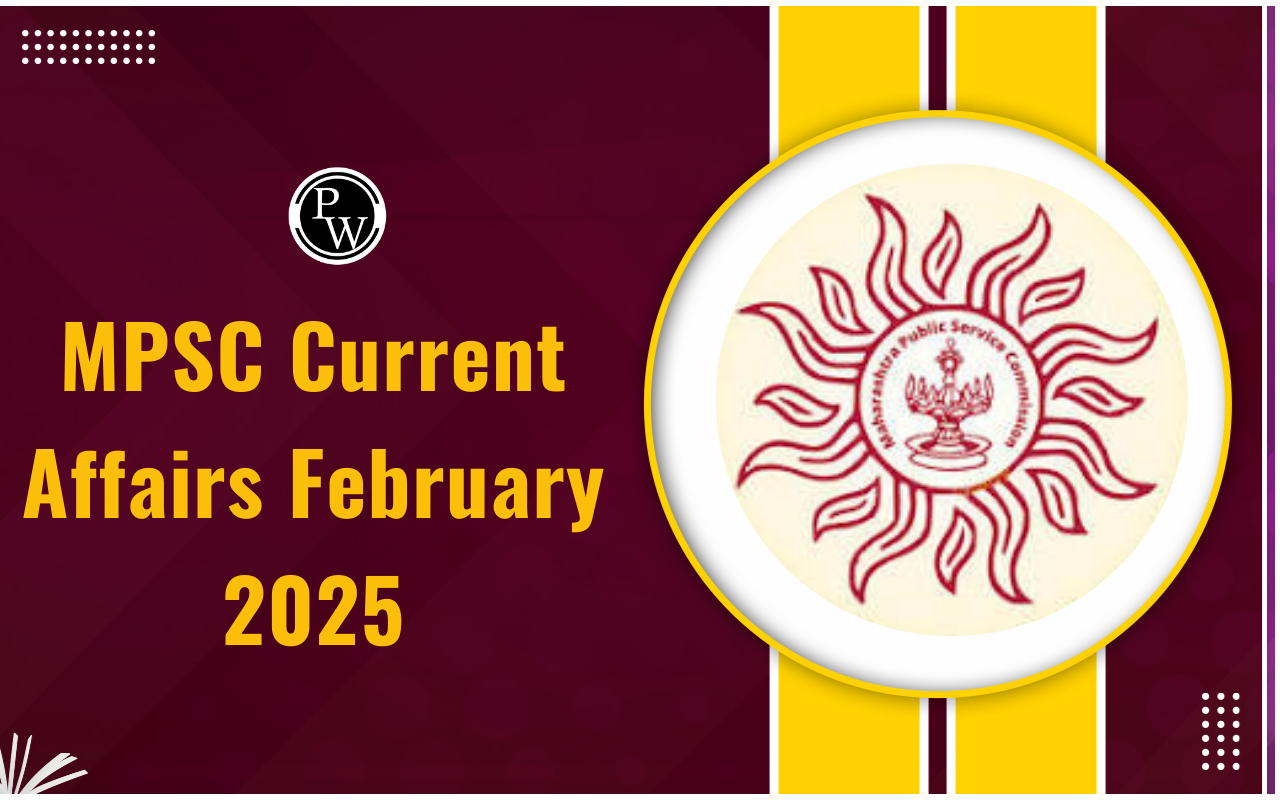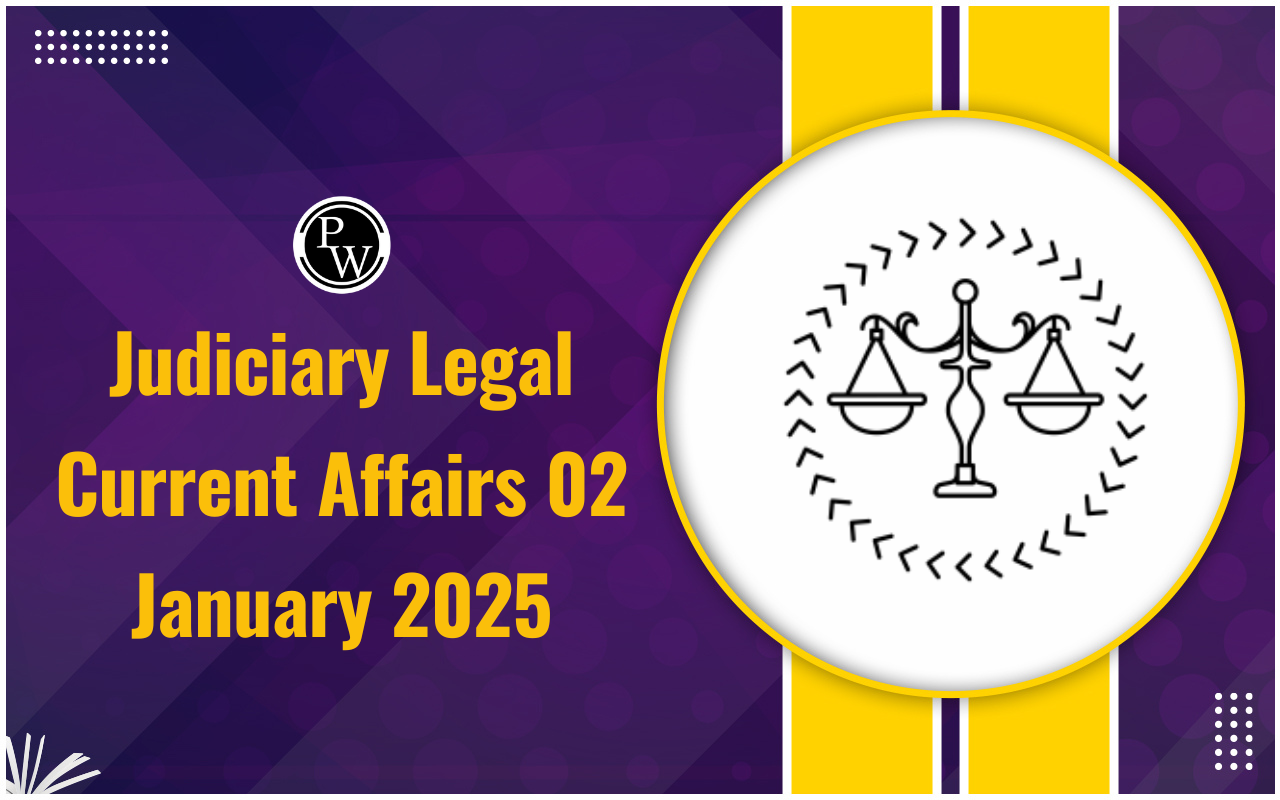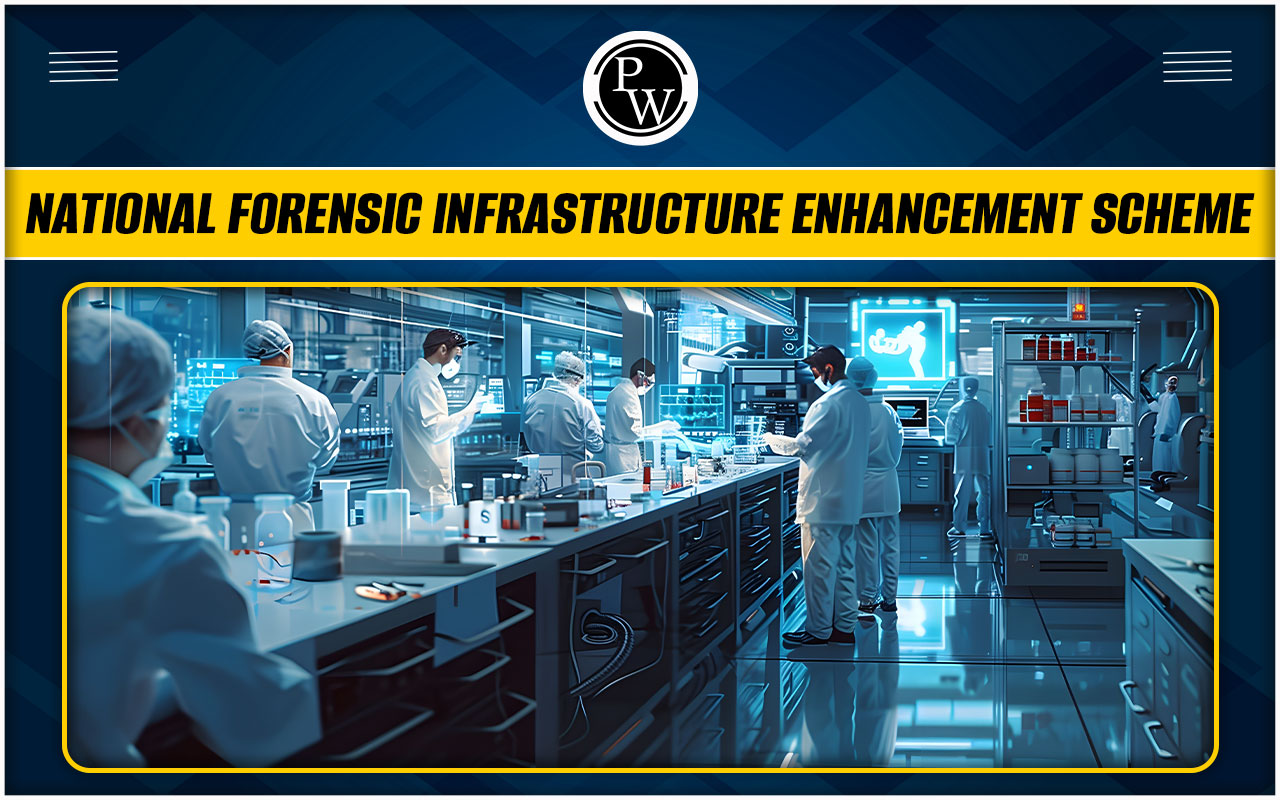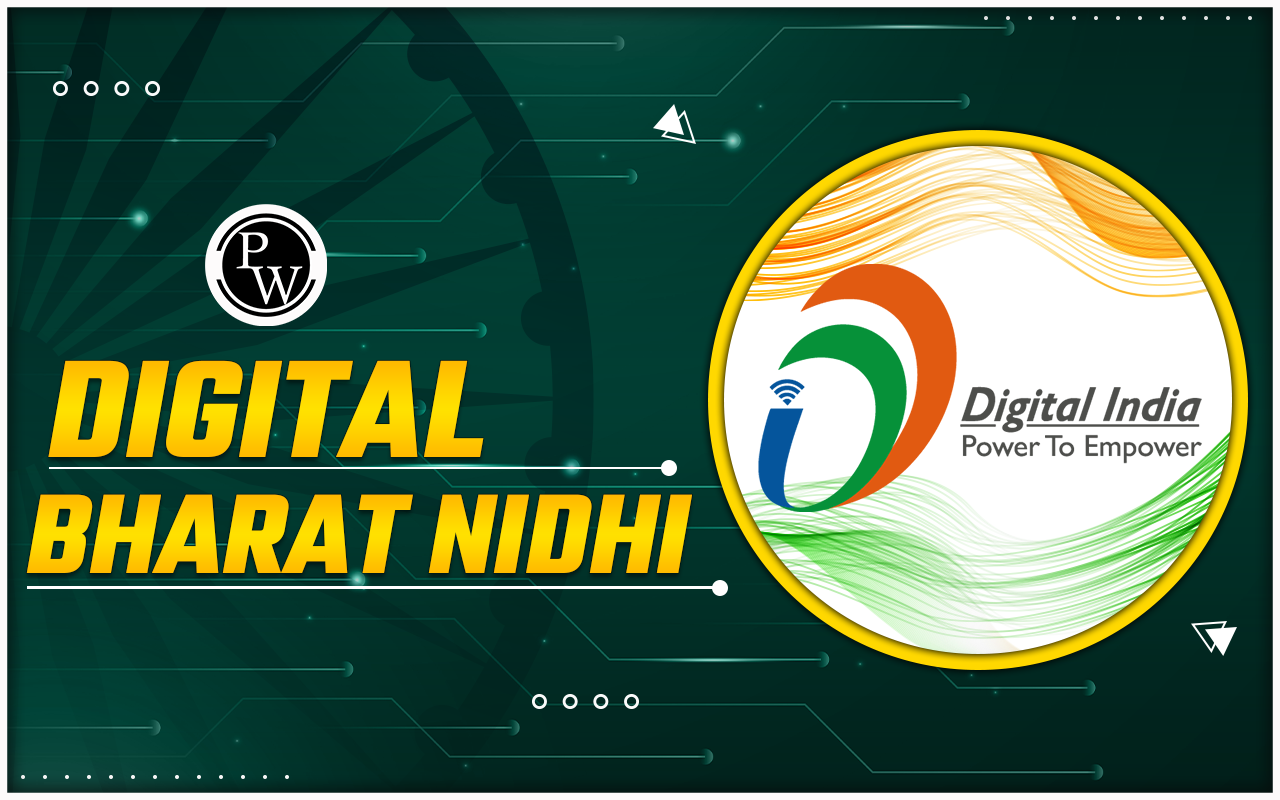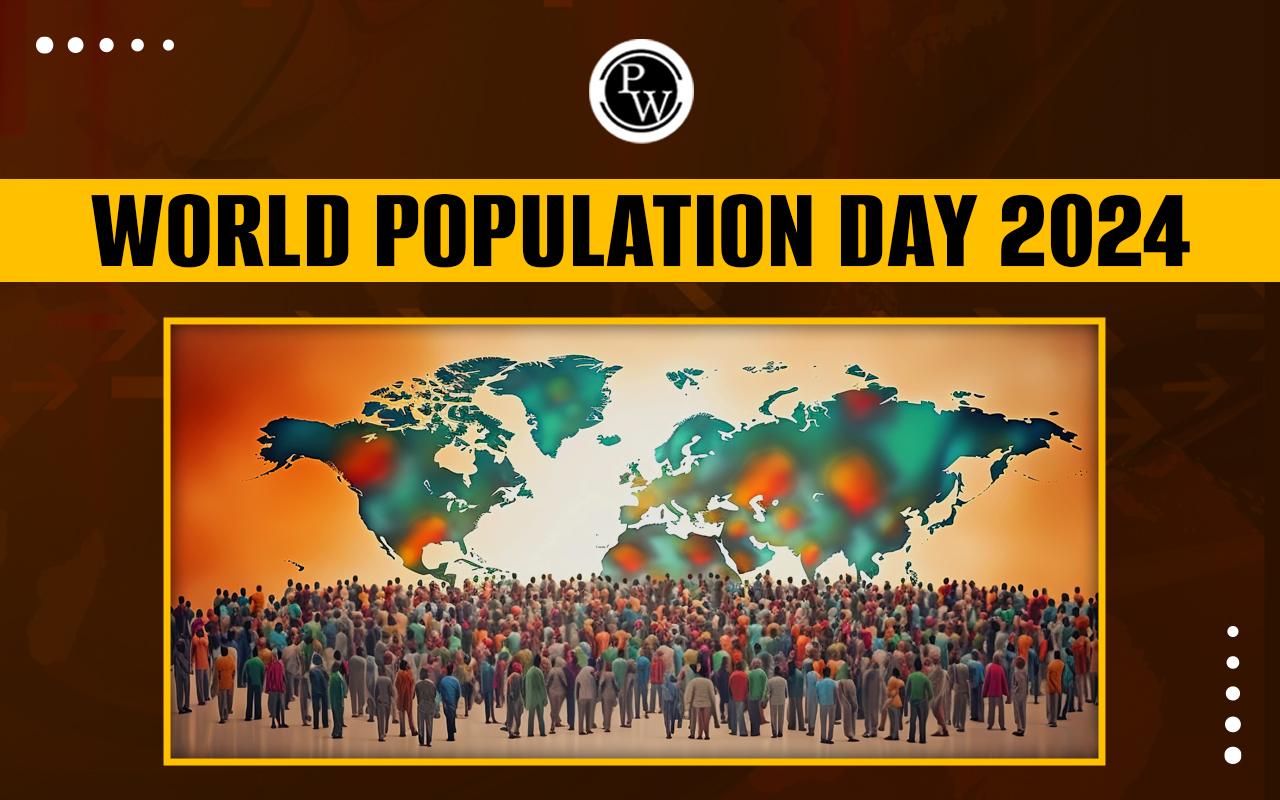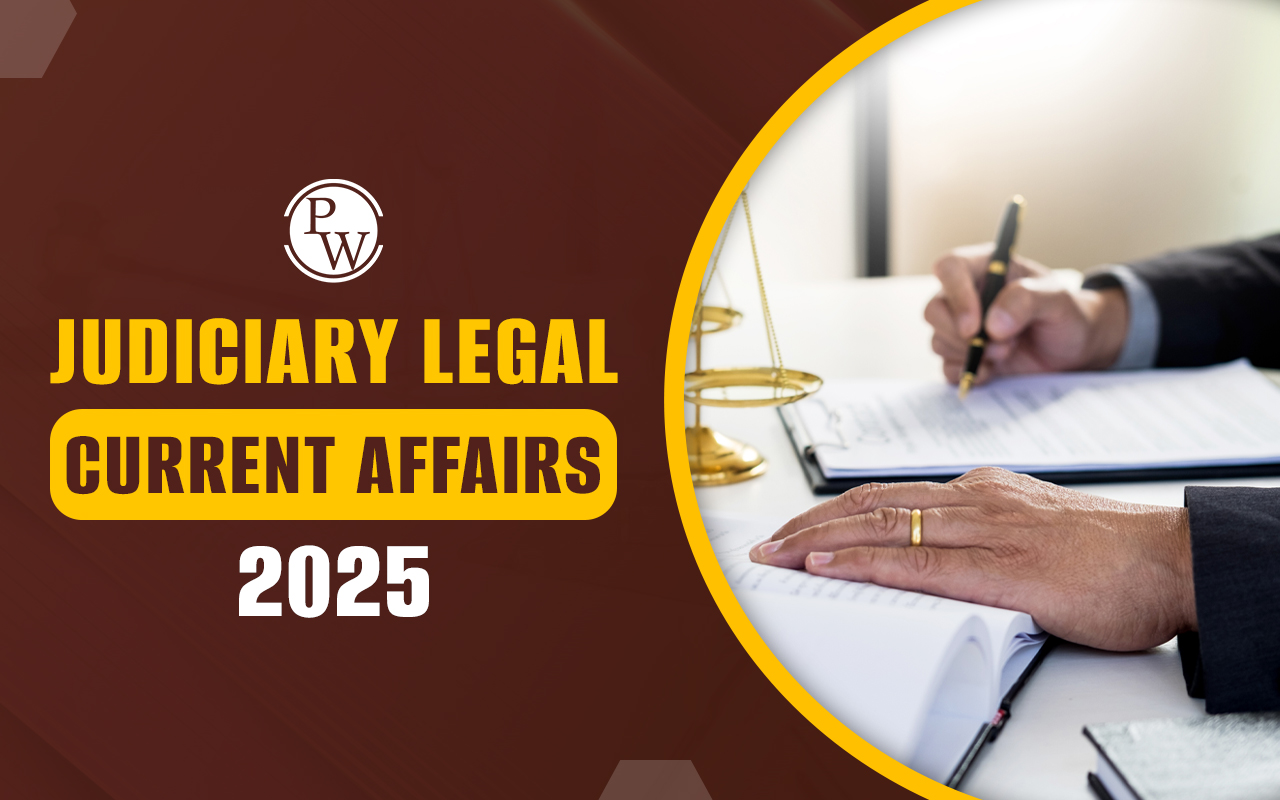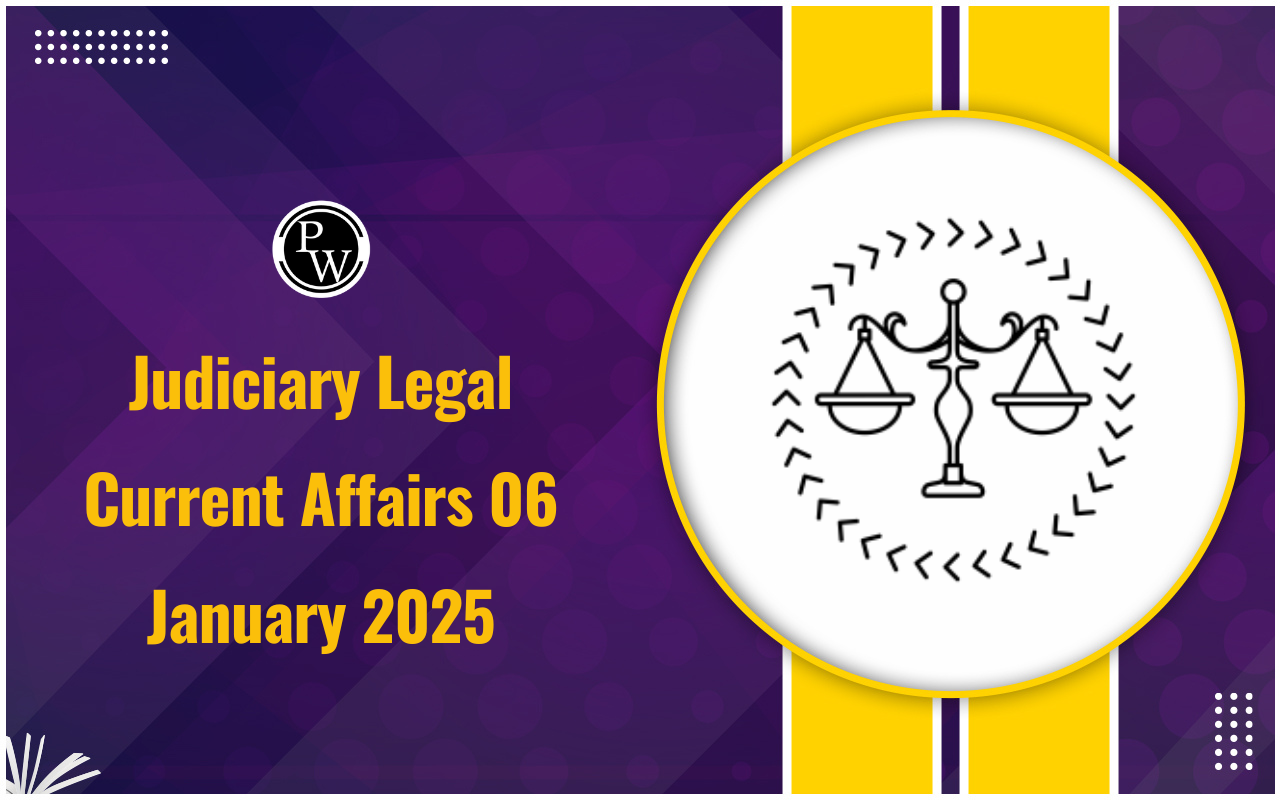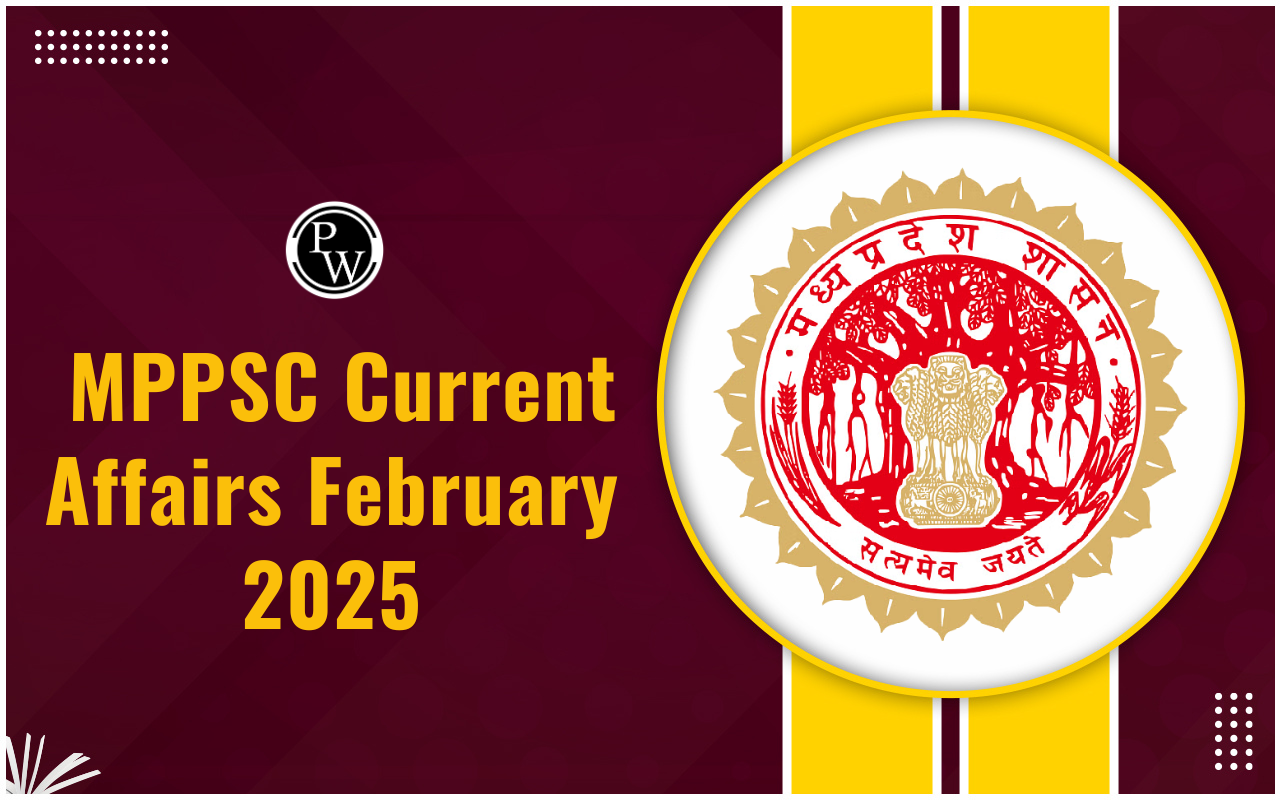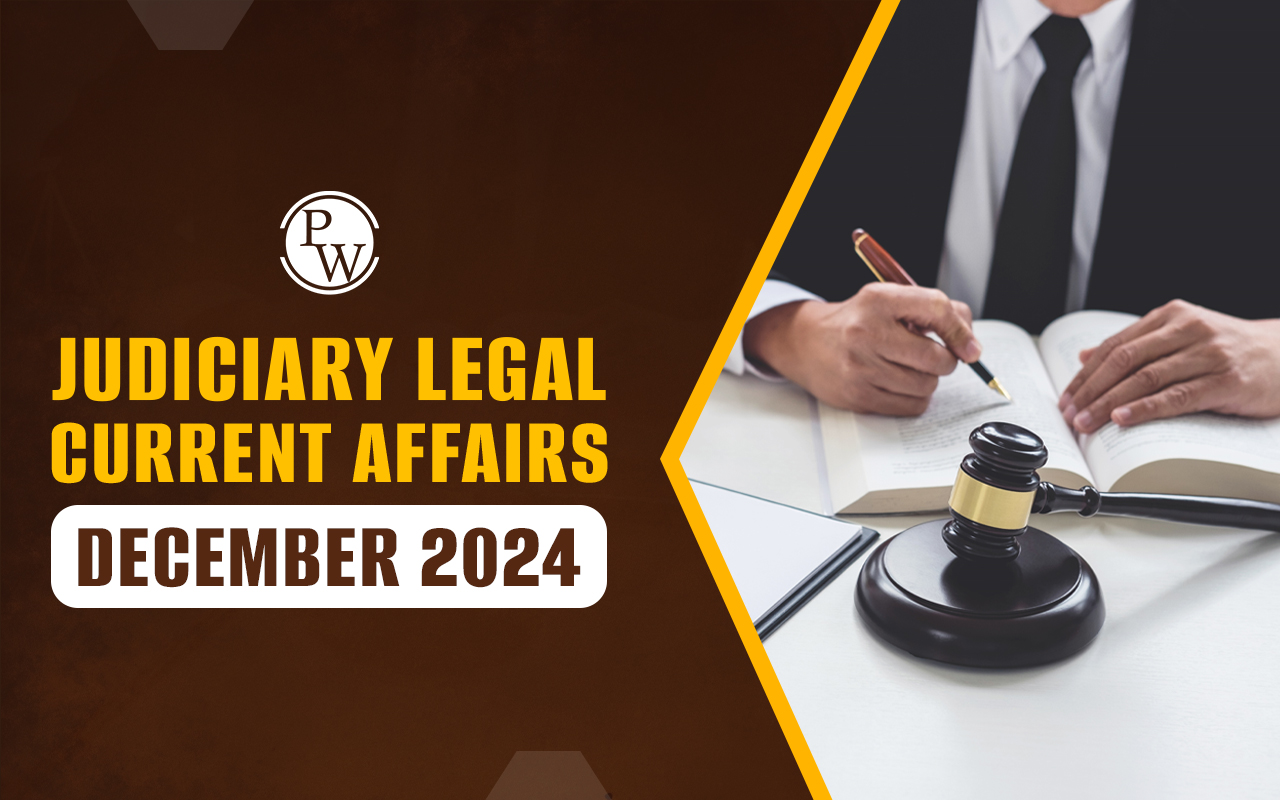
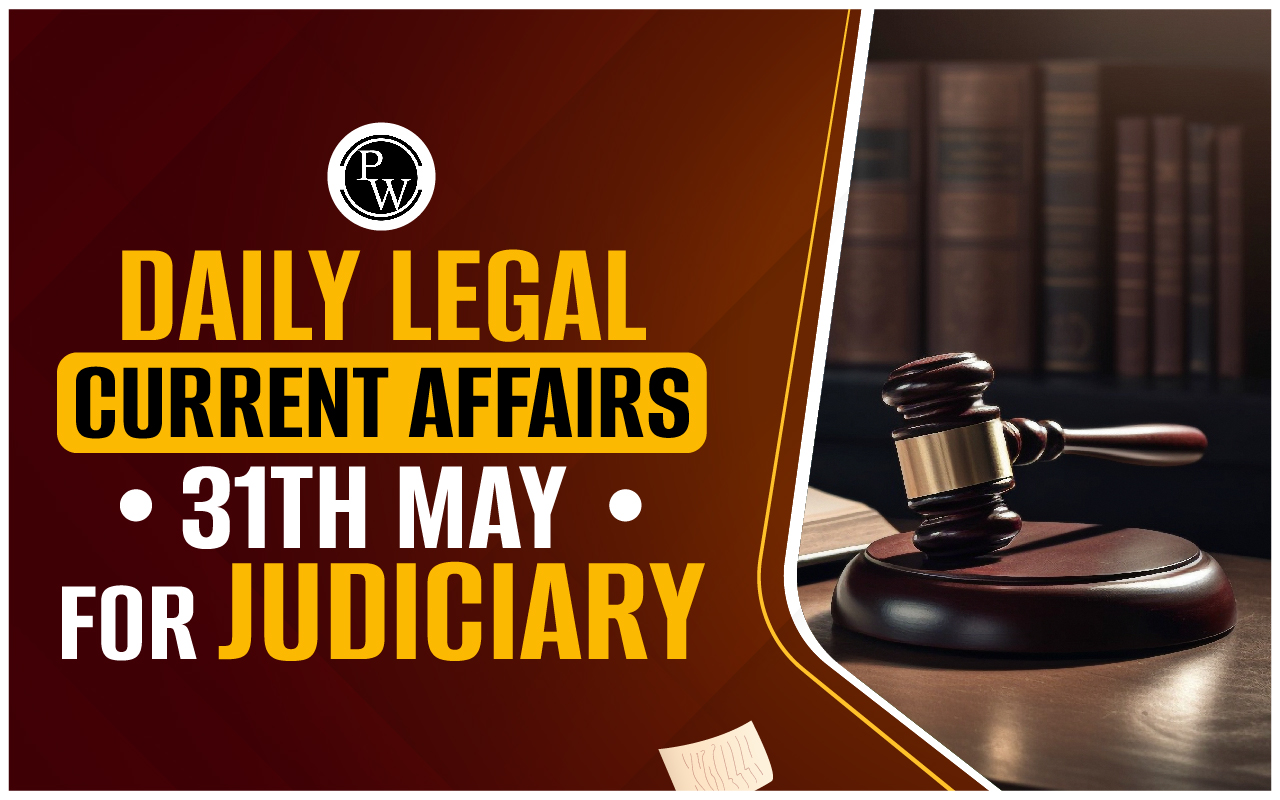
Union of India and Others v. Sunny Joseph
-
- BENCH: Justice Amit Rawal and Justice Easwaran S.
- FORUM: Kerala High Court
- FACTS OF THE CASE
-
-
- Sunny Joseph entered into service as an Engineering Assistant on 07.11.1989.
- At the time of appointment, the date of birth entered in service records was 01.06.1964. This was as per his SSLC book.
- Later on 10.04.2007, Sunny Joseph claimed, he came to know his actual date of birth is 02.07.1964.
- Thereafter, he approached the State Government for correction of date of birth in SSLC records which was accepted on 27.06.2007.
- The entries in his SSLC book were corrected as per the order dated 13.01.2012.
- On 16.07.2013, he gave a representation to the Director of All India Radio, Vazhuthacaud.
- On 05.08.2013, the department replied that as per an Official Memorandum of the Department of Personnel and Training, no request for correction in date of birth can be made after 5 years of entry into the service.
- After inter-departmental communications, it was confirmed by a letter dated 04.02.2015 that the application for correction was rejected.
- On 06.05.2015, Sunny Joseph was ordered to register himself in the biometric attendance system.
- To this, Sunny Joseph replied that his application for correction of date of birth in the service records is still pending and the date of birth in the Aadhar Card and other related documents were corrected.
- In the meantime Sunny Joseph made a request through the mechanism provided for public grievance which was also rejected by an order dated 04.08.2022.
- After this order, Sunny Joseph approached the Central Administrative Tribunal.
- The Central Administrative Tribunal allowed correction of Sunny Joseph’s date of birth in the service records observing that it would not cause any prejudice to the Department.
- The Union of India challenged the decision of the Central Administrative Tribunal.
-
- COURT’S OBSERVATION
-
-
- At the outset the Tribunal should not have entertained the Application as it was filed beyond the period of limitation given in Section 21 of the Central Administrative Tribunal Act.
-
Period of Limitation
- Sunny Josep claimed that the petition was filed within the limitation period, by calculating the period of limitation from the order dated 04.08.2022.
- The order on 04.08.2022 declined the respondent's request to accept the Aadhar Card with the corrected date of birth for the purpose of registering himself in the biometric attendance. This was not related to the correction of the date of birth in the service record.
- It has been held that the cause of action occurred on 04.02.2015, when the request for correction of date of birth was declined.
- It has been held that even if this period is excluded, the authorities could not have entertained the respondent's request. It was beyond the five-year period mentioned in the Official Memorandum.
- Correction of date of birth in service records cannot be claimed as a matter of right.
-
- State of UP v. Shiv Narain Upadhya: Supreme Court of India held that the Court should not deal with an application for correction of the date of birth. An order for correction of date of birth has a chain reaction, affecting others below him waiting for their promotion. Other than that, it is also a burden on the exchequer.
-
- Ravindran v. State of Kerala: Kerala High Court held that the Government servant cannot apply for correction of the date of birth beyond the stipulated period. Even if there was no provision regarding the correction of date of birth, Courts and Tribunals generally apply the general principle of refusing stale claims.
- Exceptions: If there is clinching proof that the date of birth of the employee was wrongly entered in the service records and denial of permission to correct it would amount to a denial of justice the courts can allow such correction.
Saleem Ahmad v. State of UP And 2 Others
- BENCH: Justice Dr.Yogendra Kumar Srivastava
- FORUM: Allahabad High Court
- COURT’S OBSERVATION
-
-
- Proceedings under Chapter IV of the Domestic Violence Act, 2005 are civil in nature and amendments to applications made to the Magistrate under Section 12 of the Act are allowed to be made.
-
- Kunapareddy Alias Nookala Shanka Balaji v. Kunapareddy Swarna Kumari and Another: Supreme Court of India held that theCourts have the power to allow amendment to applications filed under the DV Act provided no prejudice was caused to the other side. Amendments could be allowed in circumstances where such amendment was necessary in light of subsequent events or to avoid multiplicity of litigation.
-
-
- The legislative intent behind the Domestic Violence Act was to provide a remedy under civil law to a victim of domestic abuse. This view was further strengthened by a perusal of the statement of objects and reasons mentioned in the D.V. Act.
- The D.V. Act was enacted as a law (Act 43 of 2006) with the purpose of providing a remedy in civil law for the protection of women from being victims of domestic violence and to protect the occurrence of domestic violence in society.
- The enactment of law was made keeping in view the rights guaranteed under Articles 14, 15 and 21 of the Constitution and to provide for a remedy in the civil law which is intended to protect the women from being victims of domestic violence and to prevent the occurrence of domestic violence in the society.
- Under Section 2(a) of the DV act, the 'aggrieved person' was defined with respect to a 'respondent' defined under Section 2(q) and not referred to an accused.
- The grievances and reliefs under the Act were not in the nature of a formal accusation as in a criminal case and thus the person against whom relief was sought was not an accused.
- Among the various reliefs that could be claimed under the DV Act, it was only the breach of a protection order or an interim protection by the respondent that would be considered an offence in terms of Section 31 (Penalty for breach of protection order by respondent).
- There was a distinction between 'proceedings' under Sections 12, 18, 19, 20, 21, 22 and 23 and 'offences' under Section 31, they would be governed by the law laid down in CrPC.
- Section 28(1) began with the words “save as otherwise provided by this Act” implying the exclusion of the provisions of the CrPC where procedure had expressly been provided under the Act. It was also observed that Section 28(2) commenced with a non-obstante clause which empowered the court to lay down its own procedure for disposal of an application under Section 12 or under Section 23(2) of the Act.
- State of Uttar Pradesh v. Mukhtar Singh: Allahabad High Court had held that whether a proceeding was civil or not depended on the nature of the subject matter of the proceedings and its object and not on the mode adopted or the forum provided for the enforcement of the right.
- In SAL Narayan Row v. Ishwarlal Bhagwandas , reiterated in Ram Kishan Fauji v. State of Haryana and Ors.: The Constitutional Bench of the Supreme Court had considered the test to be applied for examining the nature of a proceeding before a court. A civil proceeding is therefore one in which a person seeks to enforce by appropriate, relief the alleged infringement of his civil rights against another person or the State and which if the claim is proven would result in the declaration express or implied of the right claimed and relief such as payment of debt, damages, compensation, delivery of specific property, enforcement of personal right, determination of status etc.
- Kunapareddy Alias Nookala Shanka Balaji v. Kunapareddy Swarna Kumari and Another: Supreme Court held that with respect to Section 28, though proceedings under Section 18 and 20 were to be governed by the provisions in the CrPC, they were “undisputedly” of a civil nature. Further, it was stated that all the reliefs under Chapter IV of the D.V. Act was by their disposition, civil.
-
- Kamatchi v. Lakshmi Narayanan: Apex Court held that the Magistrate after hearing the parties and considering the material on record, may pass an appropriate order and only the breach of such order would constitute an offence under Section 31 of the Act.
-
- There was a distinction between a 'complaint' under the DV Act and the Rules thereunder and 'complaint' under the CrPC.
- Under Rule 2(b) of the DV Rules, a complaint had been defined as an allegation made orally or in writing to a Protection Officer, whereas, a complaint under Section 2(d) CrPC was an allegation made orally or in writing to a Magistrate with a view to taking action under the CrPC that a person had committed an offence.
- The filing of an application under Section 12 of the DV Act could not be equated to the lodging of a complaint or the initiation of a prosecution under the provisions of the CrPC.
- S.R. Sukumar v. S. Sunaad Raghuram: The Supreme Court held that though there was no provision in the CrPC which allowed for the amendment of a complaint or a petition, if the amendment sought was with regard to a “simple infirmity” which could be cured by a formal amendment. It was held that provided such an amendment would not cause prejudice to the other side, the Court could permit the same.
- Even in criminal cases governed by the CrPC, it had the power to allow amendment in certain circumstances where facts based on subsequent events were sought to be introduced or to avoid multiplicity of proceedings.
- An amendment would also be allowed if it were with regard to a simple infirmity, provided no prejudice is caused to the other side.
Also Check: Daily Legal Current Affairs 30 May 2024
IFFCO-Tokio General Insurance Company Ltd v. Kalaiselvi and others
-
- BENCH: Justice R Subramanian and Justice R Sakthivel
- FORUM: Madras High Court
- FACTS OF THE CASE
-
-
- The deceased was traveling as a pillion rider in the motorcycle along with his friends when another motorcycle, ridden in a rash and negligent way, collided and crashed into the motorcycle.
- At the time of the accident, the deceased was 17 years old and pursuing 2nd year Diploma in Electrical and Electronics Engineering at Panimalar Polytechnic College.
- The family sought a compensation of Rs. 50,00,000 with 12% interest.
- The insurance company opposed the claim and submitted that the motorcycles involved in the accident were ridden by minors who did not possess valid driving licenses.
- The company argued that since the owners had permitted minors to ride the motorcycle without a license, they had violated the terms and conditions of the insurance policy. The company also argued that the compensation sought was exorbitant and did not bear any legal, equitable, and reasonable basis.
- The tribunal noted that since the vehicle was ridden by minors, the terms and conditions of the policy had been violated.
- The Tribunal held that the insurance company was liable to pay compensation and later recover the same from the owners of the vehicle at 50% each.
- The boy's family had approached the court to enhance the compensation awarded by the Chief Judge, Motor Accident Claims Tribunal, Chennai.
-
- In contrast, the Insurance company sought to set aside the award.
- COURTS OBSERVATION
-
- The Motor Vehicle Act is beneficial legislation and should be interpreted in favor of the affected persons.
- The bench enhanced the compensation awarded to the family of a deceased minor boy in an accident involving vehicles driven by minor boys.
- Since the deceased was covered under the insurance policy at the time of the accident, the tribunal had rightly concluded that the insurance company was liable to pay the award amount and recover it from the owners equally.
- To interfere with the quantum of compensation awarded and awarded an enhanced compensation including future prospects of the deceased.
- The court thus directed the insurance company to deposit the modified award to the credit of the case on the file of the Chief Judge, MACT, Court of Small Cases, Chennai with interest within a period of eight weeks.
Civil Misc. Review Application No.301926 Of 2010 In Sales/Trade Tax
-
- BENCH: : Justice Shekhar B. Saraf
- FORUM: Allahabad High Court
- FACTS OF THE CASE
-
-
- The main question raised by M/S Tata Steel Ltd. (Revisionist) was whether, in view of the definition of 'purchase price' under Section 2(gg) of the Uttar Pradesh Trade Tax Act, 1948 the applicant having paid the amount of Rs. 5,56,81,000 also for the purchase of plant and machinery, apparatus, and equipment, the same ought to have been included in the 'Fixed Capital Investment'.
- The revisionist contended that the Trade Tax Tribunal was not justified in disallowing the said amount merely on the ground that the amount has been allowed as MODVAT under the Central Excise Act, 1944 (CEA).
- Other questions were also raised with regard to MODVAT allowed by the excise department.
-
- COURT’S OBSERVATION
-
- Mere failure to cite a judgment does not, in and of itself, render the original judgment flawed.
- The review jurisdiction is not a panacea for addressing every perceived deficiency or oversight in the original judgment; rather, it is a narrow avenue reserved for rectifying errors glaringly evident on the face of the record.
- Failure to cite a particular judgment does not automatically invalidate the reasoning or merit of the decision under question.
- Review jurisdiction cannot be allowed to be hung precariously above the heads of litigants, threatening the delicate balance of legal certainty.
- Order 47 Rule 1 of the CPC, 1908, stands as a sentinel—a guardian of the gates, permitting entry only to those deemed worthy by the stringent criteria it lays forth. It serves as a bulwark against the tide of caprice and whim.
- Frivolous motions for review would ignite the 'gambling' element in litigation with the finality of judgments even by the highest court, being left in suspense.
The Plantation Corporation of Kerala Limited v. State of Kerala
-
- BENCH: Justice P.V.Kunhikrishnan
- FORUM: Kerala High Court
- FACTS OF THE CASE
-
-
- Writ petition filed by Plantation Corporation of Kerala which obtained a lease for an immovable property from the state government.
- The plea stated that several attempts were made by fanatic outfits to construct religious structures such as Temple, Thrishuls, to expand worship of a small idol in the property of the Plantation Corporation
- The plea further stated that there was a law and order situation when the Plantation Corporation prevented construction of religious structures or encroachments by religious outfits.
- The plea alleged that attempts were made by political groups to trespass and encroach upon government lands leased by the Plantation Corporation.
-
- COURT’S OBSERVATION
-
-
- Justice P.V.Kunhikrishnan issued directions for the identification and eviction of unauthorized and illegal religious structures from government or public lands to uphold communal harmony and to strengthen the country as a ' SOVEREIGN SOCIALIST SECULAR DEMOCRATIC REPUBLIC' as enshrined in the Preamble of the Constitution of India.
- Construction of illegal religious structures and buildings in government lands by Hindus, Christians, Muslims or any other religion can not be permitted since that would lead to religious disharmony in the State.
- Religious freedom guaranteed by the Constitution does not mean that citizens could encroach upon government land to construct religious structures and disrupt religious harmony.
- The Government is taking steps to distribute the Government land to hundreds of landless people. Some of the land is given for plantation on lease.
- Such places cannot be utilised for religious purposes. It will only create religious disharmony in the State.
- If one religion is allowed to erect its deity in a Government land, the other religions also will start to erect their religious institutions.
- Illegal religious structures are constructed under the guise of religious worship which cannot be permitted.
-
- Directions Issued
-
-
- The Chief Secretary of the State will instruct all the District Collectors in the State to conduct an enquiry through the Tahsildars, Village Officers etc. to find out whether any illegal unauthorized stones or cross or other structures are erected with a religious colour in any Government land by any religious group. If any illegal religious structures are there on the Government land, the public is also free to bring the same to the notice of the District Collector.
- The District Collector shall conduct such an enquiry within a period of six months from the date on which the orders are received from the Chief Secretary of the State.
- Once any illegal religious structures are found in the Government land, the jurisdictional District Collectors with the aid of the Police department shall evict the illegal religious structures from the Government land, within a period of six months after the enquiry is conducted as directed above, of course after hearing the affected parties if any.
- The Court also directed the Registrar General to place an action taken report before it within one year.
-
Judiciary Exam Current Affairs FAQs
How many months of current affairs is required for a Judiciary Exam?
The candidates are recommended to prepare for at least a year before appearing in the Judiciary examination.
Where can I study current affairs for the Judiciary?
The candidates can study and get the daily current affairs for Judiciary from the official page of Physic Wallah.
How can I prepare for Judiciary current affairs?
The candidates can prepare for the Judiciary current affairs by reading newspapers daily and exploring the online material available.
🔥 Trending Blogs
Talk to a counsellorHave doubts? Our support team will be happy to assist you!

Check out these Related Articles
Free Learning Resources
PW Books
Notes (Class 10-12)
PW Study Materials
Notes (Class 6-9)
Ncert Solutions
Govt Exams
Class 6th to 12th Online Courses
Govt Job Exams Courses
UPSC Coaching
Defence Exam Coaching
Gate Exam Coaching
Other Exams
Know about Physics Wallah
Physics Wallah is an Indian edtech platform that provides accessible & comprehensive learning experiences to students from Class 6th to postgraduate level. We also provide extensive NCERT solutions, sample paper, NEET, JEE Mains, BITSAT previous year papers & more such resources to students. Physics Wallah also caters to over 3.5 million registered students and over 78 lakh+ Youtube subscribers with 4.8 rating on its app.
We Stand Out because
We provide students with intensive courses with India’s qualified & experienced faculties & mentors. PW strives to make the learning experience comprehensive and accessible for students of all sections of society. We believe in empowering every single student who couldn't dream of a good career in engineering and medical field earlier.
Our Key Focus Areas
Physics Wallah's main focus is to make the learning experience as economical as possible for all students. With our affordable courses like Lakshya, Udaan and Arjuna and many others, we have been able to provide a platform for lakhs of aspirants. From providing Chemistry, Maths, Physics formula to giving e-books of eminent authors like RD Sharma, RS Aggarwal and Lakhmir Singh, PW focuses on every single student's need for preparation.
What Makes Us Different
Physics Wallah strives to develop a comprehensive pedagogical structure for students, where they get a state-of-the-art learning experience with study material and resources. Apart from catering students preparing for JEE Mains and NEET, PW also provides study material for each state board like Uttar Pradesh, Bihar, and others
Copyright © 2025 Physicswallah Limited All rights reserved.
